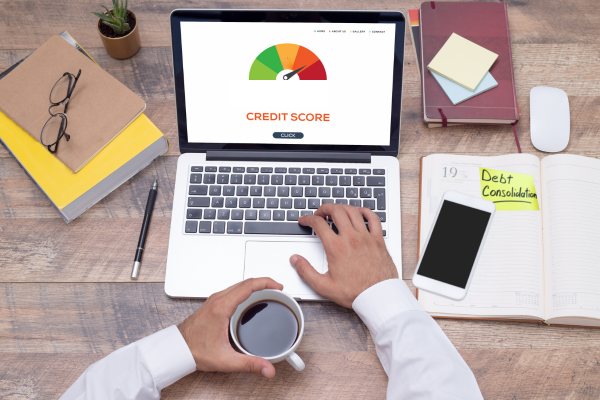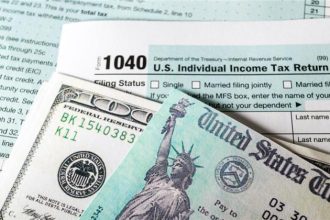Unfortunately in today’s financial landscape, debt is a reality for many Americans. From student loans to credit cards, the burden can quickly become overwhelming, especially if you find yourself grappling with bad credit. If you’re feeling the weight of multiple debts, you might be asking, “Is debt consolidation with bad credit possible?” The good news is, yes, it is possible. However, navigating this path requires a clear understanding of your options and a strategic approach.
 Understanding Debt Consolidation
Understanding Debt Consolidation
Debt consolidation is the process of combining multiple debts into a single payment, often with a lower interest rate. This can simplify your financial life, making it easier to manage your monthly obligations. For those with bad credit, the challenge lies in finding a consolidation option that’s both accessible and beneficial.
Exploring Your Options
- Secured Loans: One common route for those with bad credit is through secured loans, which require collateral such as a home or car. Because the loan is backed by an asset, lenders are more willing to offer lower interest rates. However, it’s crucial to remember that if you default on the loan, you risk losing your collateral.
- Personal Loans from Credit Unions: Credit unions often provide more favorable terms than traditional banks, and they may be more lenient with borrowers who have bad credit. As member-owned institutions, credit unions are known for their personalized service and willingness to work with members facing financial difficulties.
- Debt Management Plans (DMPs): Offered by non-profit credit counseling agencies, DMPs involve consolidating your debts into a single monthly payment, managed by the agency. They negotiate with creditors to reduce interest rates and fees, providing a structured plan to pay off your debt within three to five years.
- Balance Transfer Credit Cards: For those with slightly better credit, a balance transfer credit card can be an option. These cards often come with an introductory period of low or 0% interest. However, be mindful of transfer fees and ensure you can pay off the balance before the introductory period ends, as rates can skyrocket afterward.
Assessing the Benefits and Risks
Debt consolidation can offer several benefits, including simplifying payments, possibly lowering interest rates, and reducing stress. However, it’s important to be aware of the risks. Consolidating your debt doesn’t eliminate it; you still need to be disciplined and committed to making payments. Additionally, some consolidation options, particularly those involving collateral, come with significant risks if you fail to meet the payment terms.
Steps to Take Before Consolidating Debt
- Evaluate Your Financial Situation: Before pursuing debt consolidation, take a close look at your financial situation. Calculate your total debt, monthly income, and expenses. Understanding your financial standing will help you determine the best consolidation option.
- Check Your Credit Score: Obtain a copy of your credit report and review it for errors. Knowing your credit score will give you an idea of what consolidation options are available to you.
- Create a Budget: Establishing a budget is essential for managing your debt and preventing future financial issues. A budget will help you track your income and expenses, ensuring you can make your consolidation payments on time.
- Seek Professional Advice: Consulting with a financial advisor or credit counselor can provide valuable insights and help you make informed decisions. They can assist you in understanding the pros and cons of different consolidation methods and recommend the best course of action based on your unique circumstances.
Why Choose American Consumer Credit Counseling?
At ACCC, you’ll find compassionate and knowledgeable counselors who are committed to understanding your unique situation and providing personalized solutions. Their debt management plans are designed to help you pay off your debt in a manageable and structured manner, often with reduced interest rates and fees. Plus, ACCC’s financial education resources empower you with the knowledge and tools needed to make sound financial decisions and avoid future debt.
It Is Possible
Debt consolidation with bad credit is not only possible but can be a pivotal step towards financial freedom. By understanding your options, assessing the benefits and risks, and seeking professional guidance, you can navigate the path to a more secure financial future. Remember, the journey to debt-free living requires commitment and discipline, but with the right support, it’s an attainable goal.
If you’re ready to take control of your financial future, consider reaching out to American Consumer Credit Counseling. With their expertise and support, you can embark on a path towards financial stability and peace of mind.
Read the full article here
















